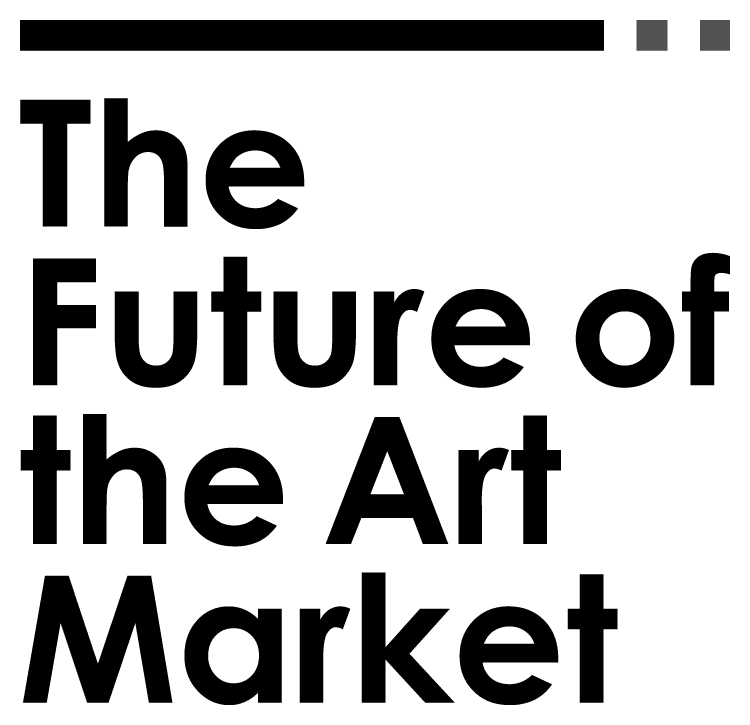[eltdf_highlight background_color=”#66ff33″ color=”#000000″]Shared Infrastructures[/eltdf_highlight]
[eltdf_highlight background_color=”#66ff33″ color=”#000000″]Envisaging the sharing economy for the art world[/eltdf_highlight]
How can sharing information, resources, technologies or revenues work within the art market?
In this discussion, Bernadine Bröcker Wieder invites participants to deconstruct what she describes as the most valuable resources currently protected in the artworld as we know it; information, resources, technologies and revenues.
Watch the recording of the discussion in full via the video below.
Panel discussion on 22 October 2020
Co-convened by Bernadine Bröcker Wieder
Speakers:
Louise Hamlin, Founder & Director of The Art Business Conference; Baiqu Gonkar, Founder of Art Represent and Jason Bailey, Founder of Artnome
The art world’s value chain tends to lend itself to the gatekeeper: the one with the important collector contact, the one with the “way in” to the museum, the one with the access to purchasing that artwork off the market. Red tape, red ropes, red lines – the infrastructure of the art world is often defined by exclusivity. But what would an art world look like if the infrastructures were shared?
Now, in a moment of economic and political turmoil in many parts of the world, models for collectivising have become urgent. New initiatives are emerging, from mega galleries hosting young galleries on their online platforms to profit-sharing models for art fairs and successful connected economic movements.
In this interactive panel discussion, Bernadine Bröcker Wieder invited participants to deconstruct what she describes as the most valuable resources currently protected in the artworld as we know it; information, resources, technologies and revenues.
The discussion explored the critical implications of what it might actually mean to share within an artworld context, what are the politics of some of these tools and their implications on privacy and ultimately, who can or will actually benefit from a sharing economy for the artworld. Posing the questions:
How can sharing information, resources, technologies or revenues work within the art market? What kind of shared infrastructures would be required, and what new initiatives could be positioned?
As part of FOTAM 2020, we asked you to consider what a sharing economy could look like within the art world.
What resources can be shared? And which cannot? Take our poll now and contribute to shaping the discussions within the Shared Infrastructure event. Join in the conversation using #FOTAMUK and #SharedInfrastructures.
(1/2) As part of #FOTAMUK, we are asking you to consider what a sharing economy could look like within the art world. Take our poll and contribute to shaping the #SharedInfrastructures event on Oct 22.
— Creative United (@CreativeUtdUK) October 2, 2020
What do you think would be the most difficult for the art world to share?
(2/2) What do you think would be the most difficult for the art world to share? cont.
— Creative United (@CreativeUtdUK) October 2, 2020
Share your reflections
Use #FOTAMUK to view or share in the discussions around this subject on social media.

About Bernadine Bröcker Wieder
Bernadine Bröcker Wieder is the CEO of Vastari, an online marketplace for touring exhibitions and object loans to museums. She has been an advocate for technology in the art world, co-organising the Art+Tech Summit at Christie’s in 2018, helping produce the FOTAM Unconference in 2019, and co-founding the Art Identification Standard and the Art Innovators Alliance.
Speakers
Jason Bailey is a tech marketing and business strategy consultant and art nerd trying to trigger an art analytics revolution. Jason’s stories and projects have been featured in Harvard Data Science Review, Art in America, Wired, Sports Illustrated, ESPN the Magazine, Fast Company, Five Thirty Eight, A.V. Club, Forbes, Boing Boing, The Verge, NPR, Smithsonian, Mashable, and a bunch of other cool places. Artnome is Jason’s blog with a mission driven to use technology and data to improve the world’s art historical record and to bring attention to artists working at the intersection of art and technology.
Baiqu Gonkar is the founder of Art Represent and an independent startup and VC consultant. She was named a Vital Voices Fellow, UK Asian Woman of Achievement and Global Fine Arts Humanity Award nominee. In 2015 Baiqu founded Art Represent, a nonprofit dedicated to empowering artists affected by conflict. Baiqu has since become a thought leader on the importance of representation in creating social cohesion and constructive dialogue. Starting her first venture at 23, Baiqu has been leveraging her experience in tech entrepreneurship as a startup and investment consultant. From publishing to biotech, she has worked across multiple industries to build products that can make a positive contribution to people’s lives.
Louise Hamlin is the founder of Art Market Minds, a global events organisation, dedicated to creating conferences for the art world. In 2014, she launched the flagship conference, The Art Business Conference in London. She later launched the conference in New York in 2017 and now both conferences have become part of the annual art world calendars in the UK and USA. And in 2018, Louise also launched the Art Business Conference in Shanghai. Louise is a graduate of the Courtauld Institute of Art in London and has over 20 years’ experience in the art world. Prior to setting up Art Market Minds, Louise worked for The Art Newspaper. During her tenure, the company expanded its global network by establishing a Russian and Chinese edition plus the highly well-regarded and respected daily news editions at Frieze & Art Basel.


